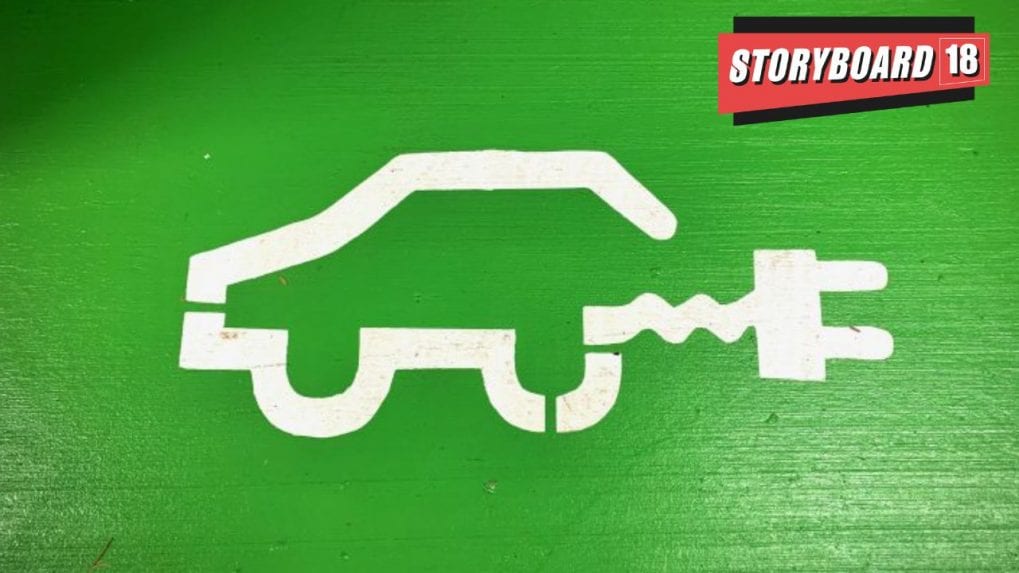Digital
Why OpenAI is hiring 100 ex-bankers: Inside the ChatGPT-maker's secret project to automate Wall Street's grunt work

A new report on India's electric vehicle market has revealed that southern states have contributed higher in EV sales. A report titled “An Overview of Indian Electric Vehicle Market: Trends And Future Outlook” by Frost & Sullivan highlighted that the presence of OEMs, component suppliers, and battery/cell manufacturing companies in Tamil Nadu has resulted in a spike in electric vehicle sales.
The report pointed out that South India accounts for half the EV sales in the country.
Currently, Hyundai Motor and Stellantis have commenced production of EV passenger vehicles in Tamil Nadu. Whereas automakers like Renault-Nissan and BMW are expected to produce EVs in the state soon.
The OEMs are aiming at localizing the production of 60-70% EV components by 2030, including battery and other critical components.
According to the report, over 123,000 units of Battery Electric Vehicles (passenger cars) are likely to be sold in India by the end of 2024; recording an estimated y-o-y growth of 47.9% as compared to 83,000 units sold in 2023.
Tata Motors is the leading player with over 64% market share; Tata Nexon EV was the highest-selling EV in 2023.
From purpose-driven work and narrative-rich brand films to AI-enabled ideas and creator-led collaborations, the awards reflect the full spectrum of modern creativity.
Read MoreIn a wide-ranging interview with Storyboard18, Sorrell delivers his frankest assessment yet of how the deal will redefine creativity, media, and talent across markets.